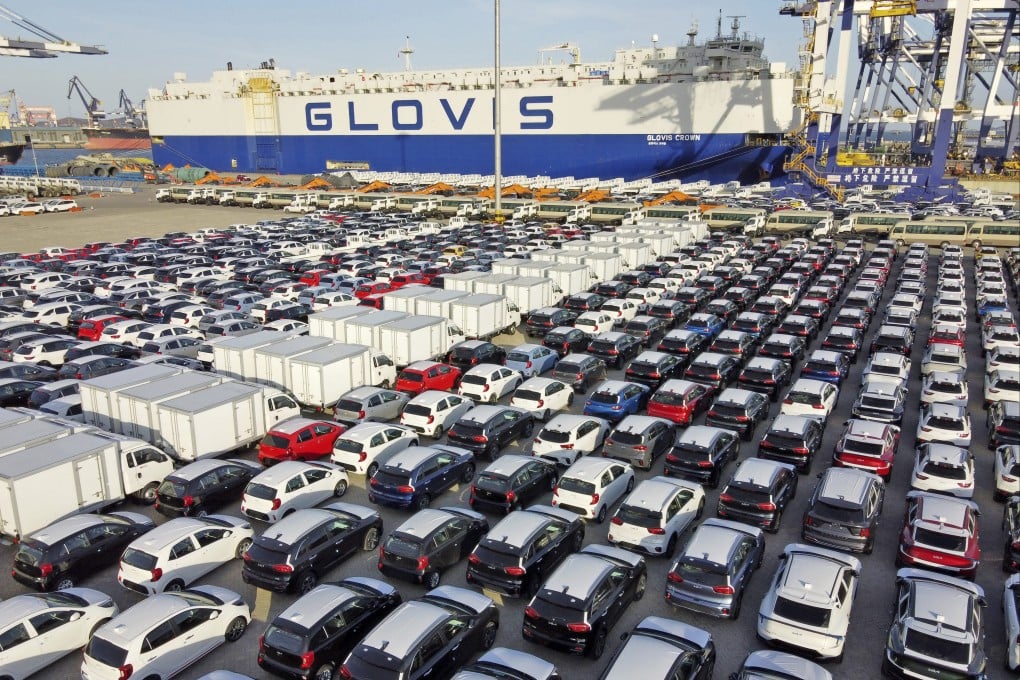China state think tank sees ‘targeted decoupling’ in supply chains with the West as a top risk for 2022 amid rising tensions
- Report comes as Washington continues to restrict China’s access to strategic technologies, such as advanced chips
- Global financial turmoil and increased tensions over Taiwan Strait also seen as key risks in 2022

A Chinese state think tank has listed a “targeted decoupling of supply chains” as one of the top 10 global risks in 2022, along with mutations of the Covid-19 virus, underlining how serious the issue is viewed by top scholars in the country.
The list, which also includes possible US financial turmoil amid Federal Reserve policy changes and heightened tensions over the Taiwan Strait, was produced by the National Institute for Global Strategy and the Institute of World Economics and Politics, both under the Chinese Academy of Social Sciences (CASS). It indicates that Chinese academics see a partial decoupling between China and the Western world as a realistic threat as Washington continues to restrict China’s access to strategic technologies, such as advanced chips.
“The world economy made a quick recovery in 2021, with China and the US the first two countries to bounce back to pre-pandemic levels with their output,” states the institute’s report, published by the official Guangming Daily on Friday. “But the worldwide deficit remains unsolved, and the China-US stand-off has entered a long-term phase.”